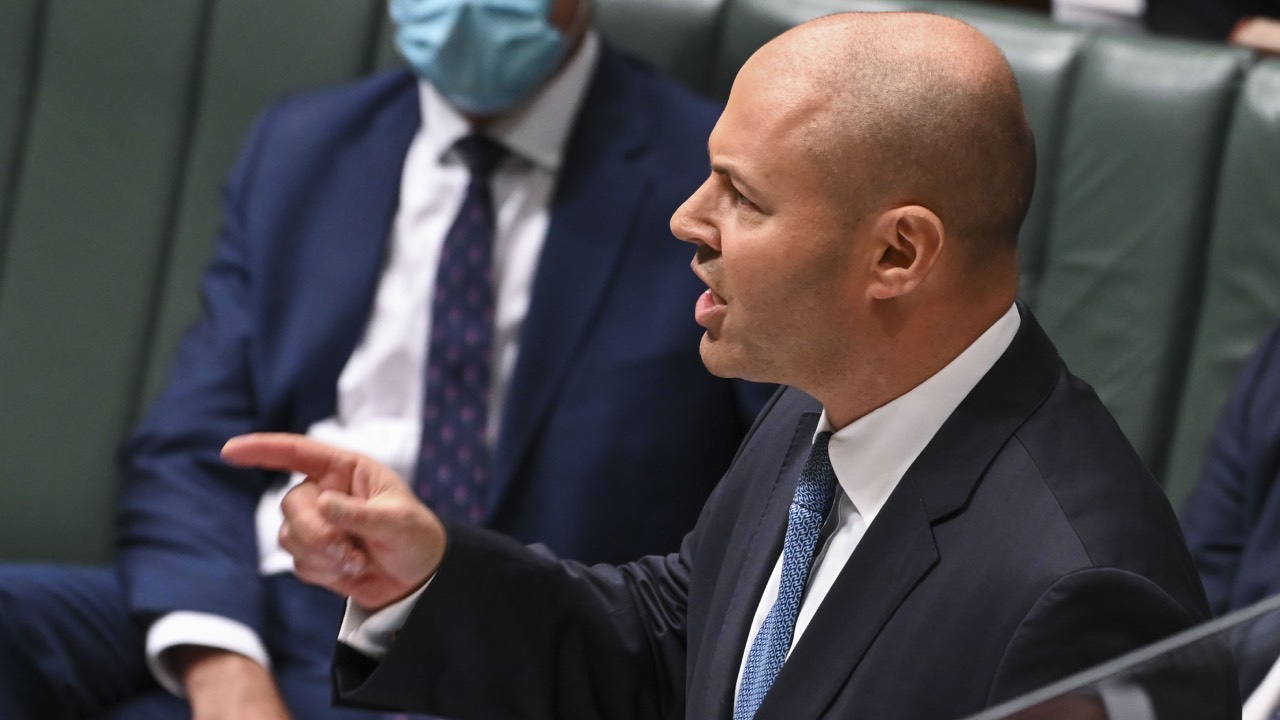Budget winners, losers and one key absence

On Tuesday night, the Morrison government shared their 2022 Federal Budget, with Aussies everywhere hoping for general living costs to be addressed.
With the government feeling the pressure to help everyday Australians with the burden of living costs and soaring fuel prices, the main takeaway from the budget came in the form of a one-off payment to low income earners at tax time.
For those earning under $126,000 a year, a one-off payment of $420 will be delivered in your tax return.
Over the last two years, this payment was previously $1,080, with the payment designed to help being slashed by over half.
In terms of petrol costs, the government has assured motorists that the price of fuel will drop in two weeks after slashing the fuel excise – the main tax on petrol – in half.
Currently paid at 44.2 cents per litre, the fuel excise will be cut in half from midnight tonight to 22.1 cents per litre, saving motorists next time they go to fill up.
The government has also pledged a one-off payment of $250 to eligible pensioners and and welfare recipients to help with living costs, which is expected to be paid in April.
The budget also outlined $156.5 million in assistance to Ukraine, to help the nation fight an unsanctioned invasion by Russia, with at least $500,000 to help resettle Ukrainian refugees in Australia.
While the Morrison government has previously committed to net zero emissions by 2050, there was nothing in the budget to dictate how this plan would be put into action.
The budget bottom line will see future generations paying back Australia’s debt for decades to come, as net debt will reach $714.9 billion by June 2023 and is still growing.
Despite all the promises from the budget, experts say there is one key missing element, as wage growth is tipped to increase by only half a percent despite major increases in living costs.
The Opposition overnight criticised the government over failing to address the issue of Australian wages, calling it a “big challenge and big risk in the economy”.
In a post on Twitter, Opposition leader Anthony Albanese said “what this Budget represents is again after almost a decade in office, they want a second decade, but with falling wages and with a trillion dollars of debt, with nothing to show for it”.
Image credits: Getty Images
